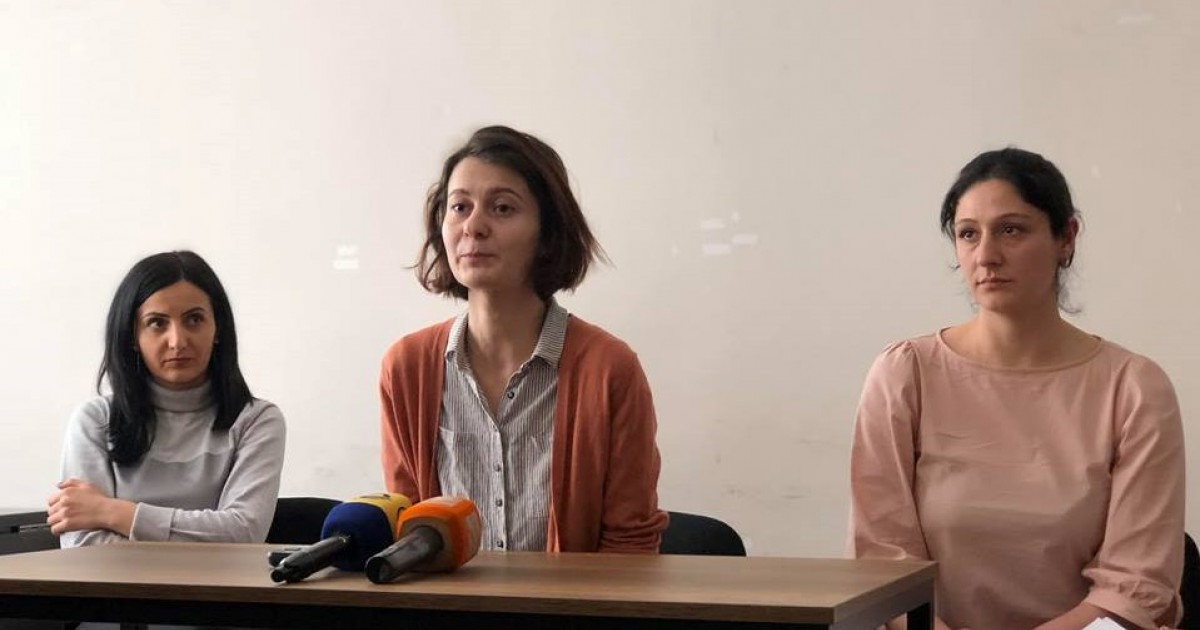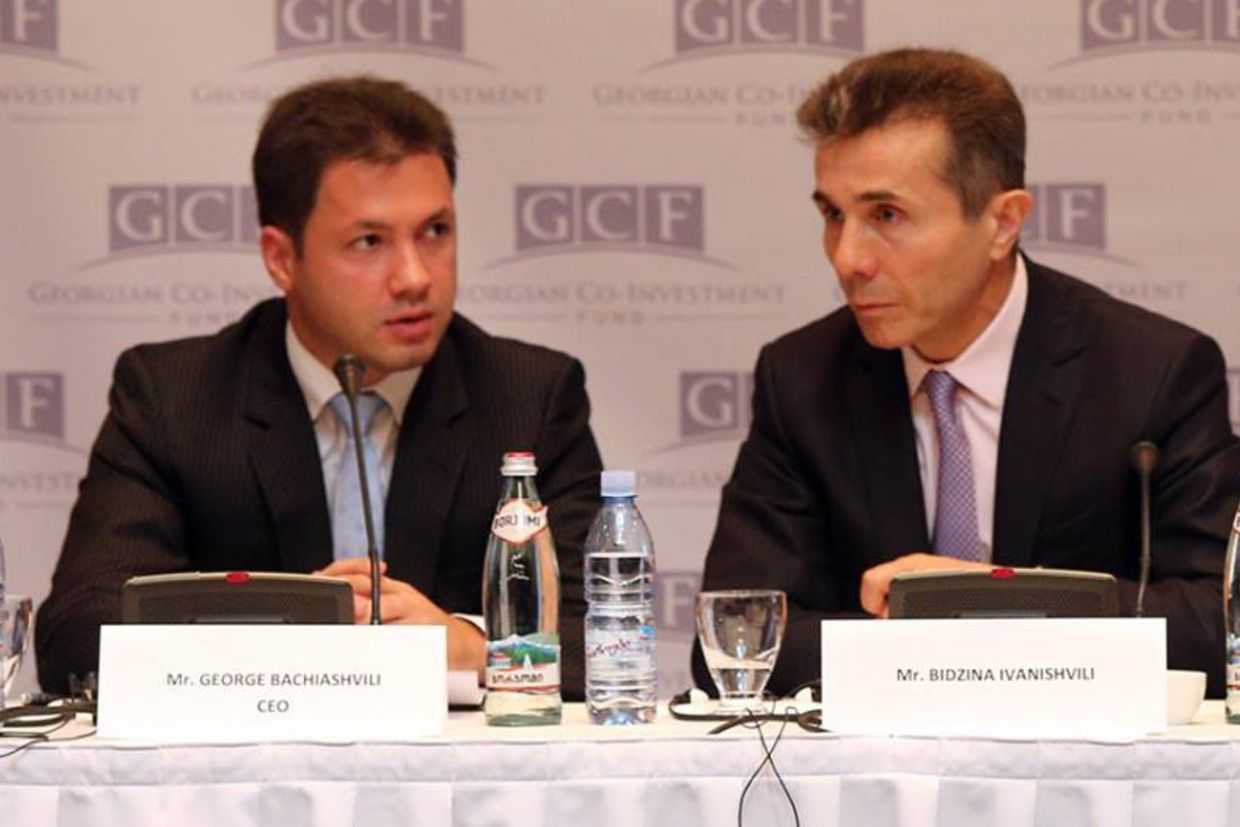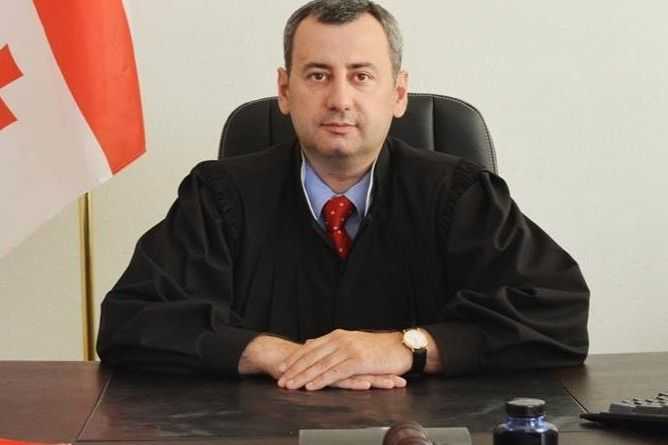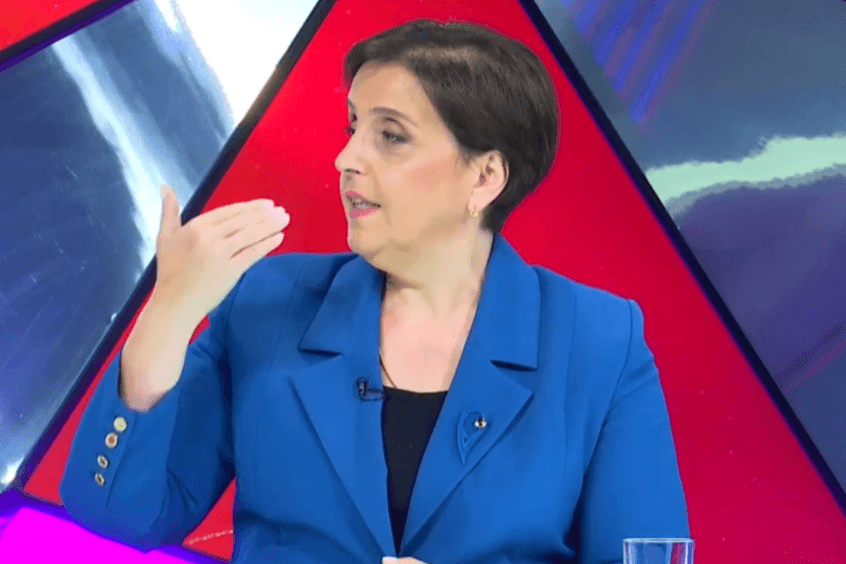

Almost all of Georgia’s social workers are set to go on strike on 1 March, over what they say are poor working conditions and a lack of resources.
The country’s social workers have long argued that the system is overextended and fails to ensure adequate services to vulnerable groups.
On 8 February, dozens of employees of the Social Service Agency submitted a strike notice to the agency and the Ministry of Health and Social Affairs on behalf of around 200 of the agency’s 239 social workers.
The notice meant that a government-mandated mediation mechanism will now begin, with workers having the legal right to go on strike on 1 March if no solution is found.
In an open letter published a day earlier, they claimed they were overloaded with responsibilities, working in 26 different sectors including with child offenders, the elderly, people with disabilities, and in foster care. They said this meant they were ‘unable to provide proper support and empowerment’ of target groups.
The letter said that understaffing had led to regular waiting lines for daycare services to vulnerable children, including children with disabilities, as well as for retirement homes.
[Read on OC Media: ‘People’s goodwill is my only hope for survival’ — elderly poverty in Georgia]
They also complained of a lack of working space to ensure privacy and confidentiality to beneficiaries and urged the agency to adapt spaces for people with disabilities.
Their list of demands included more staff, including lawyers, and for a limit to be set on the maximum number of cases assigned to each social worker of no more than 50.
They also demanded to be provided with health insurance and maternity leave, as well as having their work-related travel costs reimbursed, which was not currently the case.
On 12 February, Georgian Public Defender Nino Lomjaria expressed support for the social workers and urged the government to ‘take all appropriate measures’ to reform the social services.
Lomjaria said that state had ignored problems with infrastructure and human resources in the social services ‘for years’ and had failed to provide social workers with ‘appropriate working conditions, as well as high standards of protection and support’.
The public defender argued that the challenges faced by the social services were impacting the lives of the most vulnerable in society, including children.
Lomjaria said she was eager to meet social workers, who she said ‘have been working under inadequate conditions, with minimal financial and human resources, for years’.
Earlier calls for resources
Several social workers first announced the possibility of a strike on 8 February, after four of their colleagues were fired and one resigned over the death of a four-year-old girl.
The child, formerly in foster care, was found dead on 22 January in a shack belonging to her biological mother.

(Mzia Saganelidze/RFE/RL)
[Read on OC Media: Child services blamed after 4-year-old ‘beat to death by mother’ in Tbilisi]
Authorities have charged the mother with manslaughter and violating a restraining order, which was issued after the child was hospitalised with injuries 16 days prior to her death. Police opened a separate, internal investigation for a possible failure to enforce a restraining order.
Many of the social workers currently considering striking have insisted the tragedy was a result of a need for reform in the social services system.
Social worker Ketevan Khutsishvili told OC Media that she and her colleagues wrote a letter to the agency and the ministry in September last year, in which they complained of being understaffed, having to work unpaid overtime, being told to provide legal services which were beyond their competences, and being vulnerable to physical attacks.
‘It’s unimaginable in the 21st century to offer a service and not be interested if you have someone to provide it’, wrote one social worker on her Facebook page after the girl’s death.
The Georgian Trade Unions Confederation, Georgian Association of Social Workers, and rights groups the Human Rights Education and Monitoring Centre (EMC), Georgian Young Lawyers’ Association (GYLA), and Partnership for Human Rights all backed the social workers’ demands.
On 12 February, 27 academic staff from the social work programmes at Tbilisi State University and Ilia State University released a statement supporting Social Workers for Systemic Changes, the initiative group leading the protest.
‘Waiting for months’
EMC lawyer Eto Gvritishvili told OC Media that in addition to improving their working conditions, social workers were calling on the government to overhaul the entire social services system. ‘These two are connected’, she added.
She said that no one expected the social services to be reformed within 21 days — the period reserved for resolving labour disputes before a lawful strike can take place — but ‘at least they need to see that the problems are being acknowledged and that there is some real action plan ahead’.
Nana Gochiashvili from the Partnership for Human Rights, who advocate for social protection and social inclusion reforms, told OC Media that meeting the social workers’ demands was not enough. ‘Without systemic changes to create adequate social services, they won’t be able to fulfil their duties’.
‘For instance, when a social worker is dealing with a case of child sexual abuse, it’s crucial that there is a programme providing psychosocial rehabilitation to victims’, she said.
Gochiashvili said that people in need of vitally necessary services, like a child nutrition voucher for families in crisis, were often kept waiting for months.
According to her, many services, like individual assistance for children with disabilities, were entirely absent in daycare centres.
‘The system has continued to more or less function so far due to the work of individual social workers and luck, but the current situation cannot always save us from tragic incidents’, Gochiashvili said.
Social Protection Minister Tamila Barkalaia told journalists on 30 January that an internal probe into the death of a child in January had discovered ‘flaws’ in the management of the child’s case. She said the child should never have been returned to her original family but added that ‘the whole system is responsible’. According to her, the government had already decided to hire 50 additional social workers.
In the same press conference, Barkalaia said that reforms started with the adoption of a new law on social work last year would now be accelerated, including reorganising Social Services Agency and providing better working conditions for social workers.









